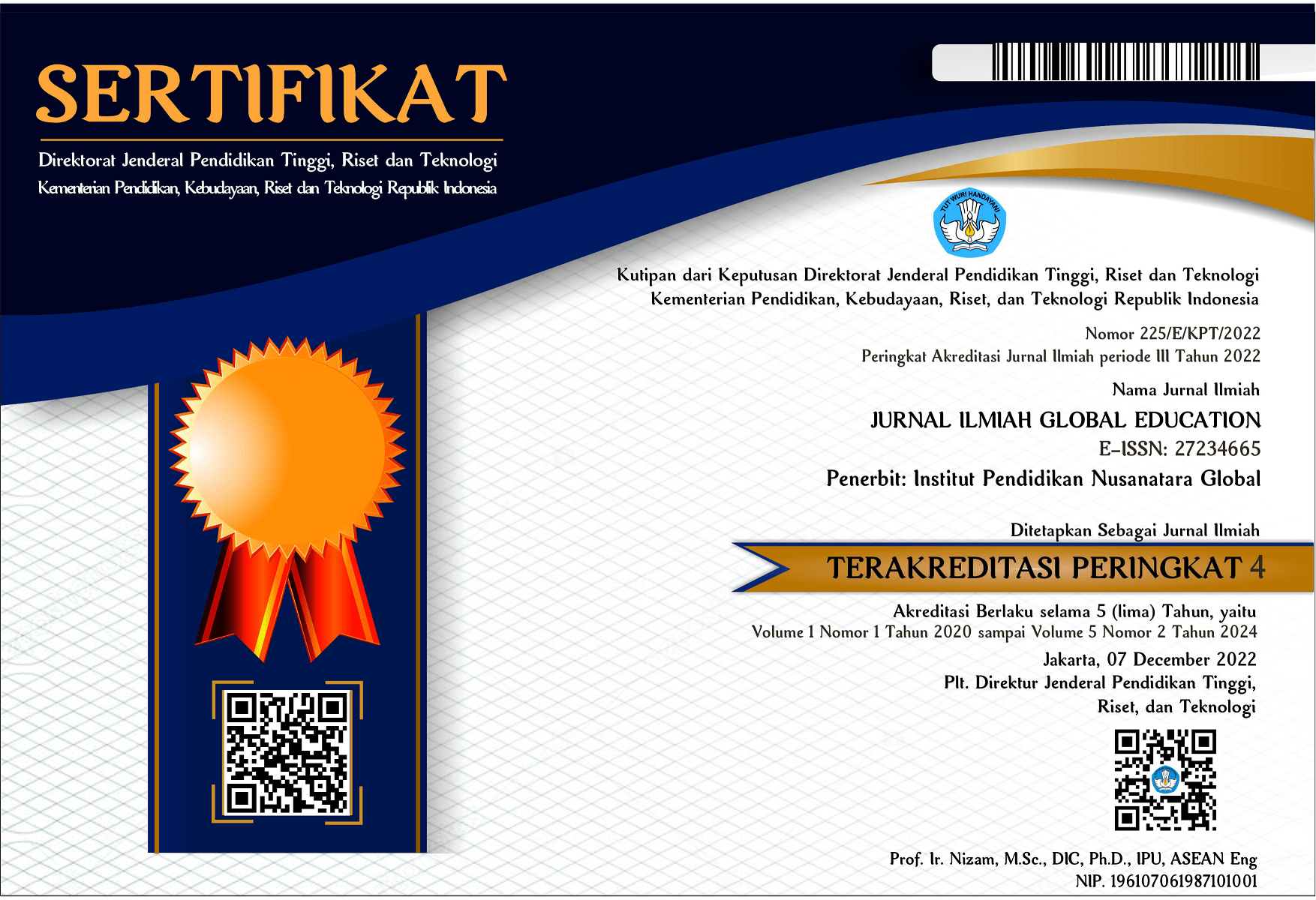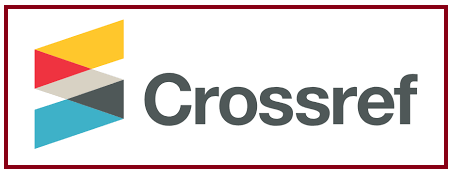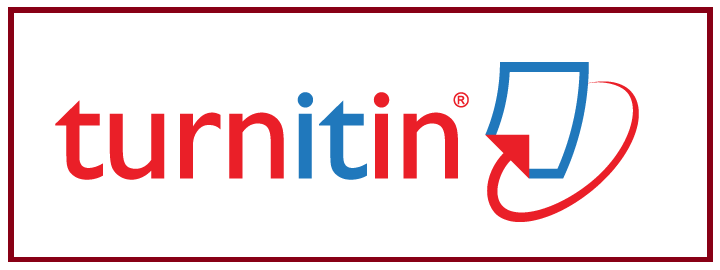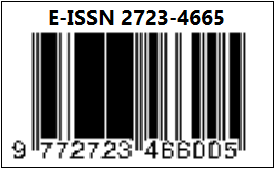PENERAPAN MODEL TIPE THINK PAIR SHARE (TPS) DALAM MENINGKATKAN HASIL BELAJAR MATEMATIKA MATERI VOLUME KUBUS DAN BALOK SISWA KELAS V SEMESTER 2 DI SDN 1 RARANG SELATAN TAHUN PELAJARAN 2021/2022
DOI:
https://doi.org/10.55681/jige.v2i1.78Keywords:
Learning Outcomes, Cooperative, Think Pair Share (TPS) ModelAbstract
The use of the Think Pair Shar (TPS) Cooperative Model in Improving Mathematics Learning Outcomes on the volume of cubes and blocks for Class V Semester 2 students at SDN 1 Rarang Selatan in the 2021/2022 academic year. This study aims to: (1). Knowing student learning outcomes through the application of the TPS Model in Mathematics learning (2) knowing student activities through the application of the TPS Model in Mathematics learning. This research was conducted in the form of Classroom Action Research. The stages carried out are: Action Planning, Action Implementation, Evaluation/Observation and Reflection. The subjects of this study were 12 students of class V semester 2 of the 2021/2022 academic year. The research data are: (1). Student learning outcomes were collected through learning outcomes tests. (2). Student activities were collected through observation guidelines. Data were analyzed descriptively qualitatively. From the results of data analysis found that: (1). The mean of student learning outcomes is 73.60. Classical completeness is 91.67% (2). Student activity in participating in learning increased at each meeting. Based on the results of the data above, the application of the Think Pair Shar (TPS) Type Model can be used as a strategy in the learning process.
Downloads
Downloads
Published
How to Cite
Issue
Section
License
Copyright (c) 2021 JURNAL ILMIAH GLOBAL EDUCATION

This work is licensed under a Creative Commons Attribution-ShareAlike 4.0 International License.













